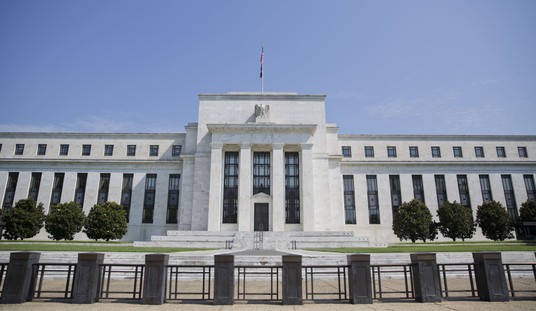In the debate among Republican Presidential candidates the other day, Texas Governor Rick Perry made a splash when he suggested that Social Security was a “monstrous lie” to the American public and a “Ponzi scheme.”
That set the cat among the pigeons. “For God’s sake, don’t call it a Ponzi scheme, Gov! Don’t say that!” Former Massachusetts Governor Mitt Romney, another (some say “the other”) Republican Presidential hopeful, took sharp issue with the characterization, as did many in the commentariat.
What’s the truth of the matter?
“Strictly speaking,” wrote Laura Meckler online at The Wall Street Journal, “the metaphor is misleading. A Ponzi scheme, named after Boston conman Charles Ponzi, is a fraudulent investment operation. In its essential design it’s a con.”
Social Security, by contrast, was not designed to be a con. It was designed as a government insurance program. “Ponzi’s scheme was unsustainable,” Meckler explains, “because the basic math of his system required ever increasing and unrealistic numbers of investors.” And how about Social Security? The math is not so frightening as in Ponzi’s scheme. According to Forbes columnist Howard Gleckman, “if Washington does nothing, young people will receive three-quarters of their promised benefits.”
So it’s not, Gleckman points out, a “monstrous lie.”
And yet. The Social Security system is “underfunded.” Why? Because more people are taking dollars out now while fewer are putting dollars in. “Social Security’s system is unsustainable,” Meckler concluded, “at least as presently written, because the U.S. has an increasing number of retirees and fewer workers to support them.”
Not Ponzi, exactly, because the intent to defraud is absent, and the pyramid is not so steep. Your typical Ponzi scheme lasts a couple of years before the dearth of new investors wrecks the scheme; Social Security has been chugging along for some 70 years.
Nevertheless, Rick Perry has a point. For Social Security is Ponzi-like because the demographic arithmetic is, to put it mildly, sobering. If you have, say, 5 or 10 young ‘uns beavering away for every 1 retiree, well, everyone is sitting in clover. But what happens if the numbers are reversed: what happens if it’s only 3 or even 2 young ‘uns for every oldster? What then?
That, in essence, is the reality that underlay Rick Perry’s remark.
What I found most interesting, though, was the semi-hysterical (or was it only politically expedient?) response by Mitt Romney and others. “You can’t say that to tens of millions of Americans who have lived on Social Security,” Romney replied.
That was the basic response to Perry’s remark by the establishment. “You can’t call Social Security a Ponzi scheme because millions of Americans depend on it.” What sort of reasoning is that? I depend on this good thing, ergo it will always be there. “Under no circumstances,” quoth candidate Romney, “will I ever say . . . it is a failure.”
But what if it is a failure? The $700 billion item in the Federal budget marked “Social Security” is not the fiscally horrifying basket case that Medicare and Medicaid represent, but it is, to say the least, a troubled program. Will Mitt Romney’s refusal to call Social Security a failure if it does fail, will that verbal recourse change the reality of failure?
Any high-stakes political campaign generates a good deal of posturing. Perhaps Rick Perry’s “Ponzi scheme” metaphor was an ill-advised hyperbole. But at least it underscored a troubling reality. The establishment’s response was not only logically flawed, it was also a model of disingenuous equivocation. I suppose we’re in for a lot of that in the months ahead.









Join the conversation as a VIP Member